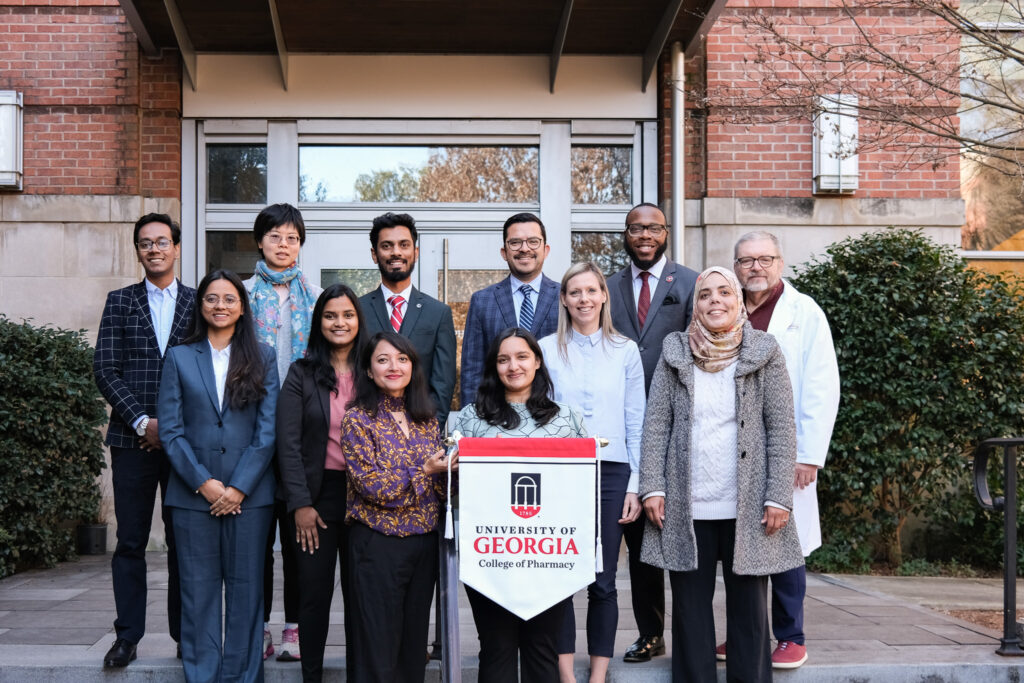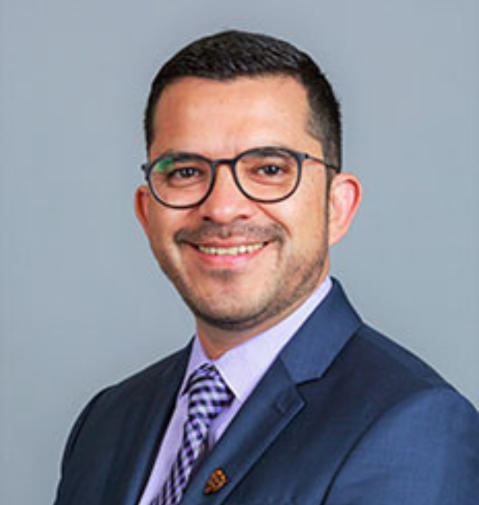Mission, Vision and Values
Mission: We discover, evaluate, and communicate to improve the health and well-being of society
Vision: To be an internationally recognized interdisciplinary program, advancing patient care, education, and research
Values: Diversity, Trust, Collaboration, Rigor, Creativity, Discovery
Pharmaceutical Health Services, Outcomes, and Policy (PHSOP) graduate program is an interdisciplinary program leading to the Ph.D. degree.
The increasing complexity of drug utilization in the modern world creates complex problems in pharmaceutical care delivery. Practitioners and researchers need to investigate and understand how changes in the health care system will affect the structure, process and outcomes of pharmaceutical care.
Increasingly, society has been called upon to maximize health outcomes subject to some type of budget constraint, and the need to identify and select efficient health inputs is paramount. Changes in products (goods and services), access to care, freedom of choice, reimbursement policy, direct-to-consumer advertising, third party considerations and government regulation are a few examples of the issues which will impact on the delivery of pharmaceutical care.
These issues will require researchers skilled in a broad spectrum of disciplines including, but not limited to, economics, administration, finance, marketing, epidemiology, and psychology.
The objective of the graduate program in Pharmaceutical Health Services, Outcomes, and Policy is to educate students to perform meaningful independent research and to develop scholarly characteristics preparing them for professional careers in academia, research, government, institutional pharmacy, and industry. Having accomplished the academic and research requirements, students find career opportunities with universities, industry, pharmaceutical associations, local, state and national health agencies, health care delivery organizations, managed care organizations, pharmaceutical industry, state boards of pharmacy, and medical media organizations.
Research Opportunities in PHSOP
The faculty members involved in the PHSOP Program have made significant accomplishments in their respective areas of interest. Their ongoing projects are supported in part by grants from the private and public funding agencies, the pharmaceutical industry, and various private foundations.
The expertise of PHSOP faculty includes:
Quality of life
Medication Adherence
Pharmaceutical marketing
Pharmacoeconomics
Pharmacoepidemiology
Health Policy Evaluation
Social and Behavioral Sciences
Upon entering the PHSOP graduate program, the student will be assigned a graduate faculty advisor until the student selects a major professor.
The faculty advisor will assist the student in establishing a course of study during the first academic year, which will include correcting any deficiencies, incomplete prerequisites and required graduate courses.
In addition, this mentoring relationship is intended to assist the student in selecting their particular research focus.




